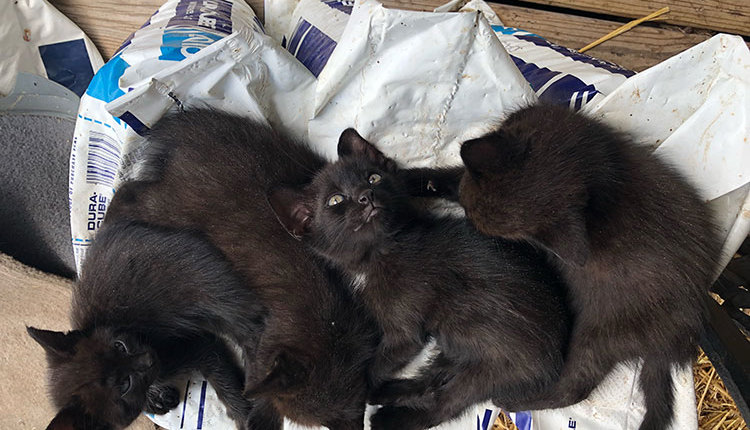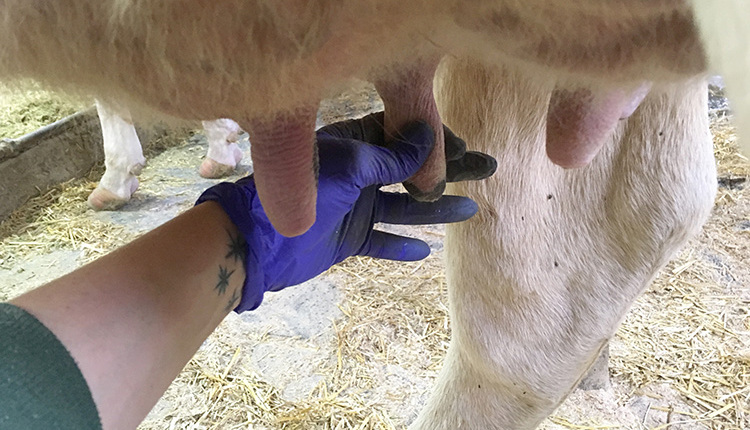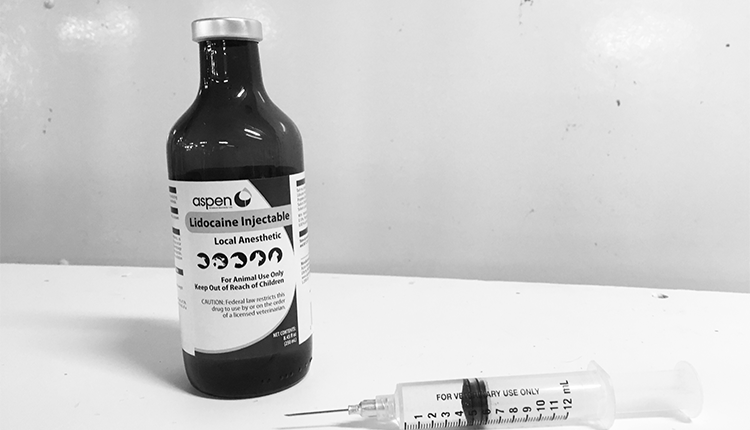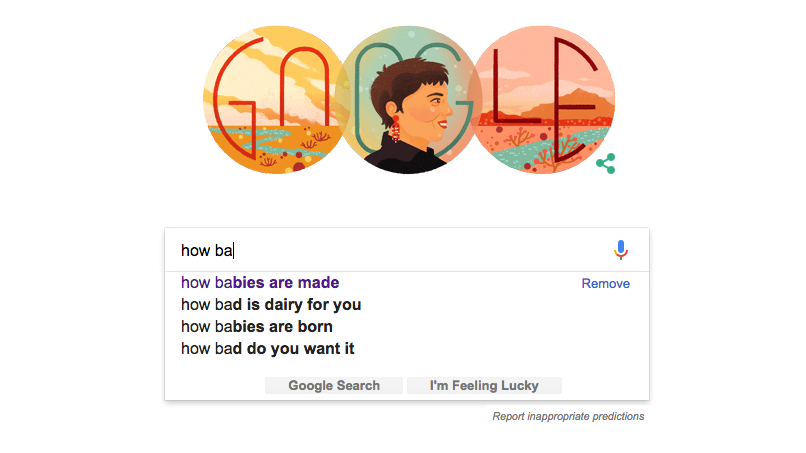
Where is the Yukon Territory?
How do you make meatloaf?
Who sings “Sweet Child of Mine”?
Dozens of questions wander through our brains every day, but we don’t wonder for very long. We Google our questions and find answers immediately.
I’m still adapting to this new-age pace of information acquisition. When I was a kid, questions were answered by elders . . . parents, teachers, or other trusted advisers. If there was a question I wanted more information about, I turned to our set of encyclopedias. Now, my kids don’t have any idea what an encyclopedia even is.
We were driving home from town one day, admiring the beautiful clouds, when Monika asked, “How are clouds made?”
I told her everything I remembered from my science classes about microscopic water droplets. I even remembered some of the cloud names. Then, when my recall was exhausted, I suggested that maybe the iPad would have a diagram or video that better explained how clouds were made.
When we got home, Monika grabbed the iPad and Googled “How are clouds made?”
I was right. There was a great video from a science teacher that explained everything about clouds. By this time, Dan had joined Monika to see what all of the excitement was about.
Elated by this teacher in the iPad, the kids immediately asked, “What else can we Google?”
They proceeded to look up “How paint is made” and “How whoopee cushions are made.” Except Google auto-filled in “whoopie pies” instead, so they watched a video about how filled cookies are made in a commercial bakery.
Then, from the kitchen, I heard them say, “Let’s look up ‘how babies are made.’”
“Hold on!” I yelled, running to the living room.
“Don’t Google that!”
I responded to their shocked and puzzled faces by explaining that Google isn’t the best place to learn about some things.
I can only imagine what they would have found if they had conducted that search.
I can think of several other topics, as well, that shouldn’t be Googled.
One of those topics is farming.
A search for “dairy farming” returns a number of results . . . some of which are accurate and some of which are grossly inaccurate.
Frustrated with those inaccuracies, my friend
Katie is absolutely right. The best way to learn about farming is to ask a farmer.
As farmers, then, we need to make ourselves available to answer those questions. Create a Facebook page for your farm. Give a tour of your dairy. Be open to questions from visitors at fairs, expos, and other public displays of dairy.
Most people are simply curious about what we do. We can give them much better answers than Google can.
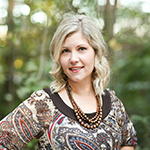
The author is a dairy farmer and writer from central Minnesota. She farms with her husband, Glen, and their three children. Sadie grew up on a dairy farm in northern Minnesota and graduated from the University of Minnesota with a degree in agricultural communications and marketing. She also blogs at Dairy Good Life.






